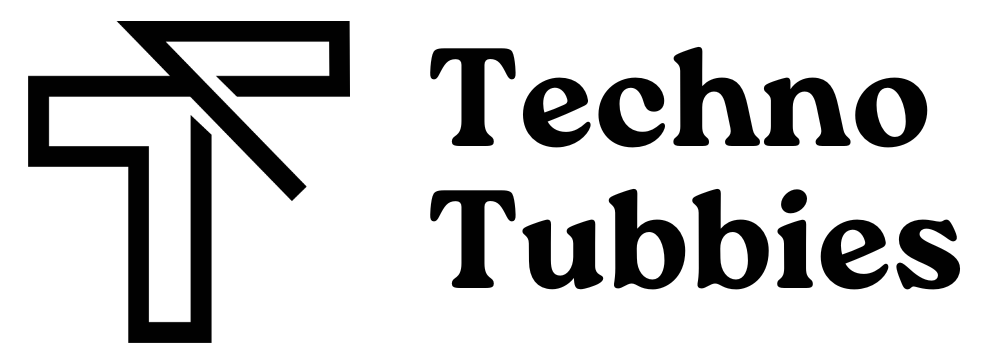Like many immigrants, the New York City skyline was one of the first sights young brothers Edi and Etrit Demaj took in when they arrived in the U.S. more than 20 years ago. The pair, along with their family, had fled violence in their native Kosovo, and they still remember the view as their plane flew overhead.
“The first building that we saw was the Empire State Building,” Etrit recalls.
The Demaj family soon settled in Detroit, where the brothers completed their education and started various companies, including their latest, Kode Labs, which integrates and automates various systems in commercial buildings — including the Empire State Building.
“That’s the American dream,” Etrit said.
When the Demaj brothers founded Kode in 2017, they sought to bring building management into the cloud era. They set about developing a suite of software that digests data from various internet-connected parts of a building’s operation, including air handlers, fire alarms, elevators, occupation sensors, EV chargers and more, and then controls them in a way that wrings efficiency out of the systems. Kode claims that it can talk with more than 130 different systems.
The brothers liken it to an OS that integrates building systems like a computer OS integrates various circuit boards.
“What we’re trying to do is bring in data and normalize it, index it, use that data to build applications on top of it to make the operating system more useful, to drive energy efficiency, while creating amazing experiences,” Edi told TechCrunch.
Commercial buildings might seem like clean neighbors, but they generate 16% of all carbon pollution in the U.S., according to the EPA. The way many are operated is not just environmentally damaging, it’s also fiscally unsound.
Today, commercial buildings are riddled with inefficiencies of the sort that automation could address. In the process, owners would not only stand to trim their carbon emissions, but save piles of cash. Between 2020 and 2050, global adoption of automation could cut carbon by 9.5 billion to 14 billion metric tons and save owners at least $2.3 trillion, according to Project Drawdown.
Kode has also developed a range of applications to run on its platform, allowing customers to monitor energy use, track carbon emissions and keep an eye on water consumption. Not only do these help keep a lid on costs, some of the data is necessary to comply with laws in various cities, including New York City, where Local Law 97 will require buildings over 25,000 square feet to cut their carbon emissions by 40% by the end of the decade.
“With all the goals and the laws in place in many different locations and areas, they have no choice but to continue going this route,” Etrit said.
Already, the company’s software is used by building managers and owners on five continents, and its customers include Fortune 100 companies and higher education institutions, Etrit said. The company has been profitable from day one, he added. Customer churn is “zero percent,” Edi said, and annual recurring revenue has grown 200% every year for the last three years.
Kode’s business model is similar to Salesforce’s, Edi said, with customers first paying an implementation fee that’s negotiated based on the size of the property portfolio and then paying recurring fees based on how many square feet are under management and the number of applications the customer chooses to use.
Kode has grown significantly since raising its $8 million Series A in 2022, with more than 40 employees in Detroit, 150 in Kosovo and a handful more in other countries.
Sensing an opportunity to grow quickly, Kode recently raised a $30 million Series B, TechCrunch has exclusively learned. The round was led by Maverix Private Equity with participation by I Squared Capital and Telus Ventures. The startup plans to use the funds to expand its app marketplace and further develop its use of AI to optimize building operations.

